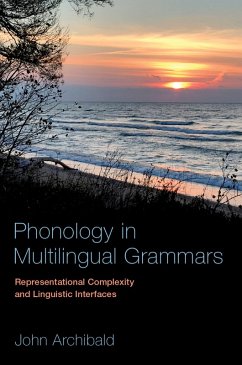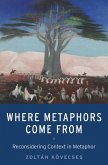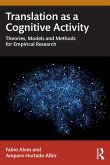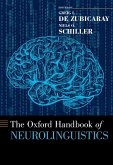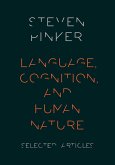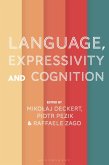This book explores questions about the nature of an interlanguage grammar, i.e. the grammar of a bilingual. John Archibald approaches these questions within a cognitive science perspective that draws upon abstract representational structures in demonstrating that phonological
knowledge underlies the surface phonetic properties of L2 speech. Specifically, he proposes that interlanguage grammars are not 'impaired', 'fundamentally different', or 'shallow' (as some have argued); the phonological grammars are complex, hierarchically-structured, mental representations that are governed by the principles of linguistic theory, including those of Universal Grammar. The book outlines a model that addresses Plato's problem (learning in the absence of evidence) and Orwell's problem (resistance to learning in the face of abundant evidence). Furthermore, the study of grammatical interfaces--phonetics/phonology; phonology/morphology; phonology/syntax--reveals the necessary
design conditions for an internally-consistent architecture for a comprehensive model of second language speech. The resulting empirically-motivated model is parsimonious in accounting for all aspects of L2 speech from phonological feature, to segment, to word, to sentence. The book concludes by discussing why phonology has been underrepresented in generative approaches to second language acquisition, and examining some of the implications of second language phonology for applied linguistics and language pedagogy.
Dieser Download kann aus rechtlichen Gründen nur mit Rechnungsadresse in A, B, BG, CY, CZ, D, DK, EW, E, FIN, F, GR, HR, H, IRL, I, LT, L, LR, M, NL, PL, P, R, S, SLO, SK ausgeliefert werden.

